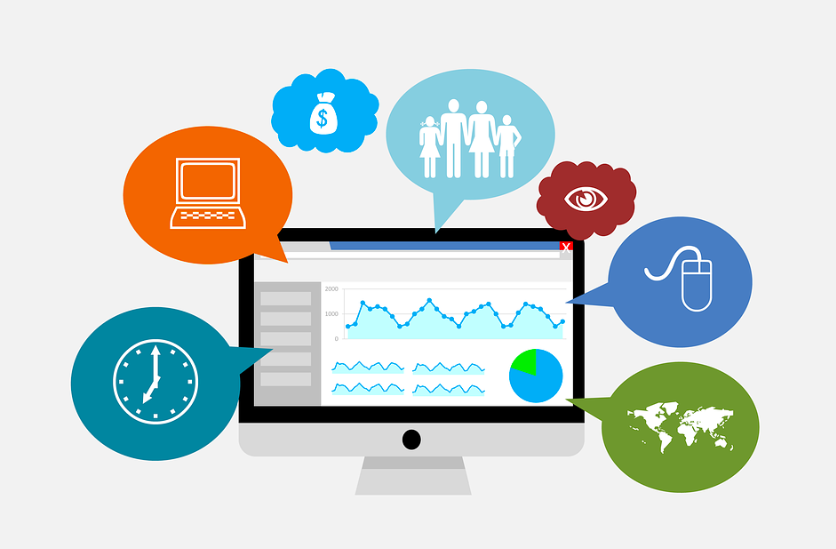"From a customer perspective, the entire purpose of data protection will be defeated if inferred data is not regulated. Because that’s literally the biggest tool in the hands of technology companies, and that’s where most privacy violations are likely to happen," Nikhil Narendran, partner at Trilegal, said. Narendran was speaking at our discussion on June 26 on the impact of the Personal Data Protection Bill, 2019, on cloud and telecom services, supported by Microsoft and Google. The definition of personal data in the bill includes "inferred data" within it. "But I completely understand the point with respect to the fact that it brings up practical difficulties while implementing or while creating new algorithms or during the data processing for that matter," he said. Definition of personal data: "personal data" means data about or relating to a natural person who is directly or indirectly identifiable, having regard to any characteristic, trait, attribute or any other feature of the identity of such natural person, whether online or offline, or any combination of such features with any other information, and shall include any inference drawn from such data for the purpose of profiling; Should inferred data be part of the bill? How can it be regulated? As Microsoft's director of government affairs and public policy S. Chandrasekhar explained, inferred data can be generated simply "while monitoring whether a computer has been taken control of by bots. IoT devices, AI and cognitive services can also generate inferred data". According to him, it should completely…































